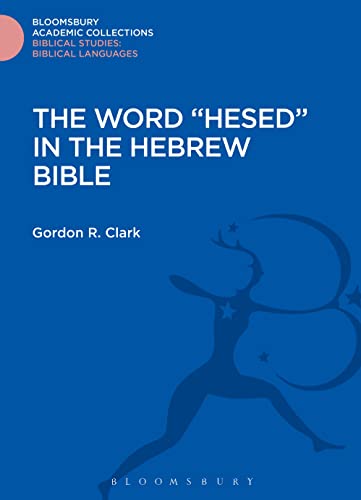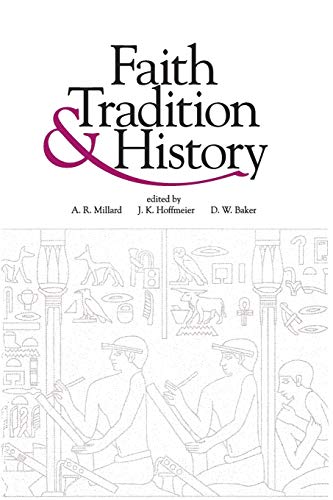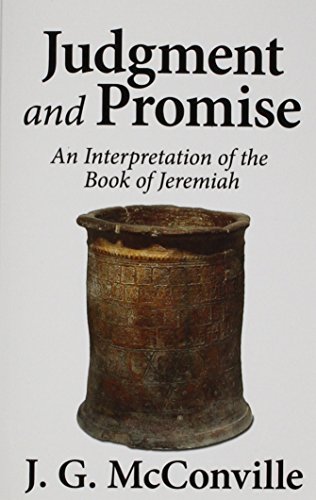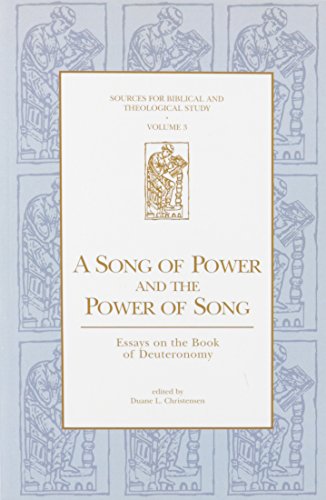Volume 20 - Issue 2
Approaching Theological Study
By Steven SingletonOver the last six years my job as Religious and Theological Studies Fellowship (RTSF) Secretary has taken me to many departments of theology and religious studies throughout the UK and Republic of Ireland. The interregnum between Themelios general editors has given me the opportunity to put some of my reflections about theology and religious studies gleaned from those visits on paper. What follows, then, is a personal view—the theological world as I have encountered it, mainly through the eyes of students.
One of the things that I was taught in a hermeneutics course at college was the danger of word studies and etymologies. However, a little rule bending now and then can help illustrate a point. So, despite the pain it may cause to linguists, let me indulge in a bit of modern day ‘etymologising’ (if there is such a word!).
Theology is an odd sort of discipline. It is one of those ‘ologies’ in which it is possible to remain uncommitted, agnostic or completely unconvinced by the object of study. I suppose it is just possible to think of a biologist who did not believe in life; a geologist who did not believe that the earth really existed; a physiologist who thought that the body was a mere projection of the mind or of human experience; or even a psychologist who didn’t believe in psyche, however that is defined. The strange thing is that you can be a theologian and either be unsure of the existence of God or even believe that God does not exist. Though when that happens we should perhaps abandon the title ‘theology’ and use something like the study of religion.
There may be reasons why this situation is the case. They may even be good reasons, but it is puzzling. Many of the students I have known have found such a state of affairs disconcerting, and even disturbing.
Many theology and RS students begin their courses with the thought that it ought, at least in theory, to have some sort of link to Christian faith. Questions like, ‘Will this course enable me to live and think in a more mature Christian fashion?’ or ‘Will this course help me to deepen my commitment as a disciple of Jesus?’ are usually not far from the minds of such students. Of course, there is a real possibility that the student who asks such questions has misunderstood the whole discipline of theological study. Wrong expectations will always lead to frustration. But that is only one side of the story, and maybe it is about time that theology as it is currently practised accepted some of the blame. So when I am asked questions like this I repeatedly find myself replying ‘YES, it can and it should, and, NO, it doesn’t always work that way’. The trouble is, like many other things in life, theological study (and religious studies also) is just not that simple and straightforward.
That raises the important question of what theology is and how it should be studied. I know all too well that these issues are far from simple and could easily fill a full Themelios article (and more). However, from every thing I have seen and experienced of the world of theology, I have become convinced that theology should never be divorced from the dimension of personal faith. If it is, it can go by many names, but I am not sure that we can honestly use the term ‘Christian theology’.
I find it very difficult to imagine, for example, the Reformers ever allowing theology to become divorced from faith. After all, it was Luther who said, ‘It is living, dying and even being condemned which makes a theologian, not reading, speculating and understanding.’ One day we will have to share the new creation with people who have actually proved Luther’s saying to be true. I find that a sobering thought, especially when I am tempted to think that reading and speculating is all that it takes to make a theologian.
It is a fact of life that theology often deals with theologians and their ideas and not with God. It seems to me to be realistic expectation to hope that theology should not only grapple with ideas and concepts about God, but grapple with the reality of God himself. If this is so, how should we, then, define theology? A. McGrath suggests that ‘Theology is reflection upon the God whom Christians worship and adore’ (Christian Theology: An Introduction, Oxford: Blackwell, 1994, p. 117). Christian theology is not simply a body of data from which personal experience has been excised and is permanently excluded. It is better to think of it as an attempt to articulate and demonstrate the coherence of our faith that is the result of our encounter with the God of the Bible. Theology, as many students perceive it today, has become a discipline that at the end of the day will struggle, and maybe even fail, to prove its value to the community of faith. It is theology that has as its core and matrix an encounter with the living God that will grip us, enthuse us, transform us and give us confidence in what we believe and in the good news that we are called to proclaim.
However, that is not the way theology is usually approached at university. It has its own language and jargon and can seem to many to be a closed world. I think it was during my exam revision that for the first time I discovered the change that had taken place between someone like Calvin and modern theology. One might be tempted to think that someone had changed the rules somewhere along the way!
It is possible that someone reading the last few paragraphs might think that I am depreciating academic study in a flurry of anti-intellectualism. That could not be further from the truth. However much we might wish things were different, we have to learn to live with things as they are and to make the most of the opportunities God has given to us. Studying theology, wherever that might be, is a privilege, even if it can cause problems. There is just no substitute for the hard work and hard thinking that theology demands. The questions that it raises need to be answered and it will do no good to bury our heads in the sand and wish that things were different. That is surely at least a part of what Romans 12:1–2 requires of us. A truly Christian theology is a deeply thoughtful theology that has its roots and driving force in a mission-centred, worshipping community. If in the course of our studies we can work towards that goal there is a real possibility that we might be able to bring theology back from the wasteland in our churches. That is a goal worth pursuing wherever we are at in our theological pilgrimage, and is the vision to which the RTSF is committed.
Steven Singleton
Thurles, Co. Tipperary






